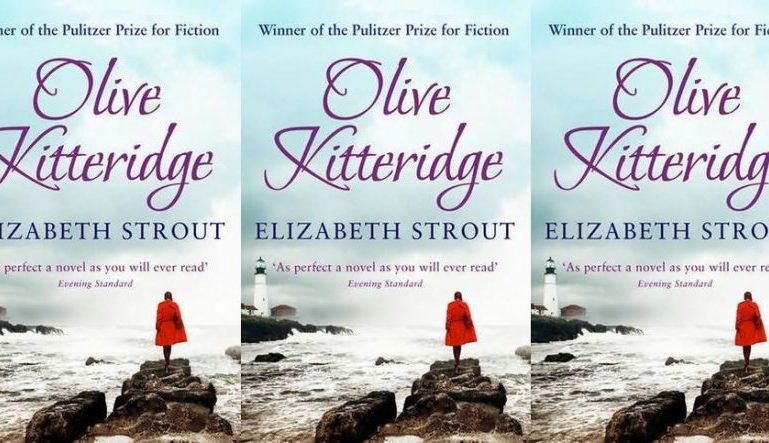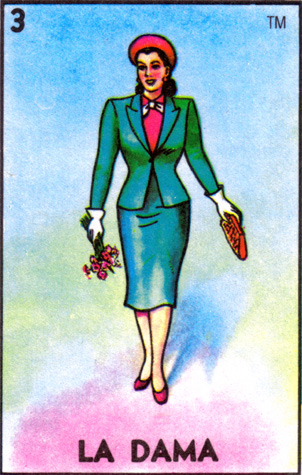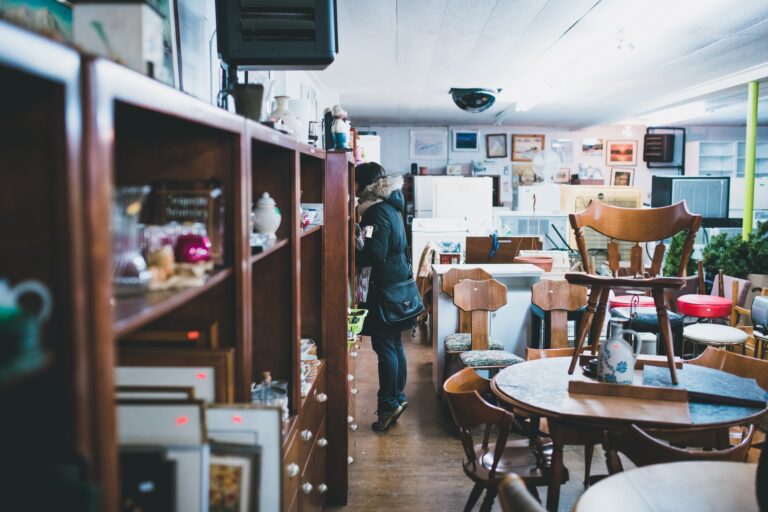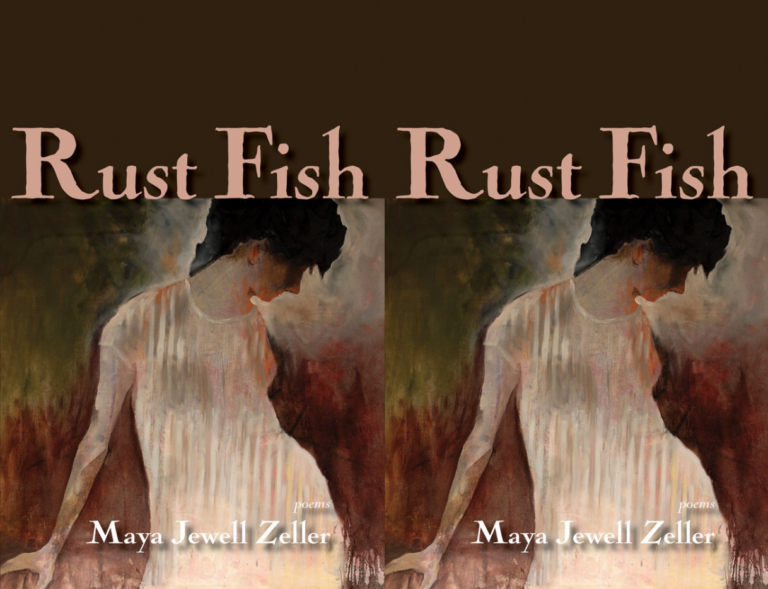Ten Quick Questions with… Elizabeth Strout

1. Your desert-island read:
It was not publication that ever made me feel like a writer. Publication only made other people think I was a writer. I always knew.
–conducted by Joshua Garstka

1. Your desert-island read:
It was not publication that ever made me feel like a writer. Publication only made other people think I was a writer. I always knew.
–conducted by Joshua Garstka

A student of mine asked the other day if Latinos still wrote. He was dead serious. And by the reddening at the tops of his ears I could tell it was a completely sincere question, a bold one with all of the shame that fills the liminal space between a bold question and the professor’s…

One day eighteen years ago, a senior colleague at the small South Carolina college where I taught found more than $300,000 worth of stripped Penguin paperbacks at a local thrift shop. Other than the piece of each cover that had been sliced off, the books were in excellent condition, but the prison to which they…

Rust Fish Maya Jewell Zeller Lost Horse Press, April 2011 77 pages $15.00 Maya Jewell Zeller’s bio tells us that she was “Born at home in the upstairs apartment of her parents’ gas station on the Oregon coast,” and this half-sentence provides exactly enough information to authenticate the stories at the core of Rust Fish,…
No products in the cart.